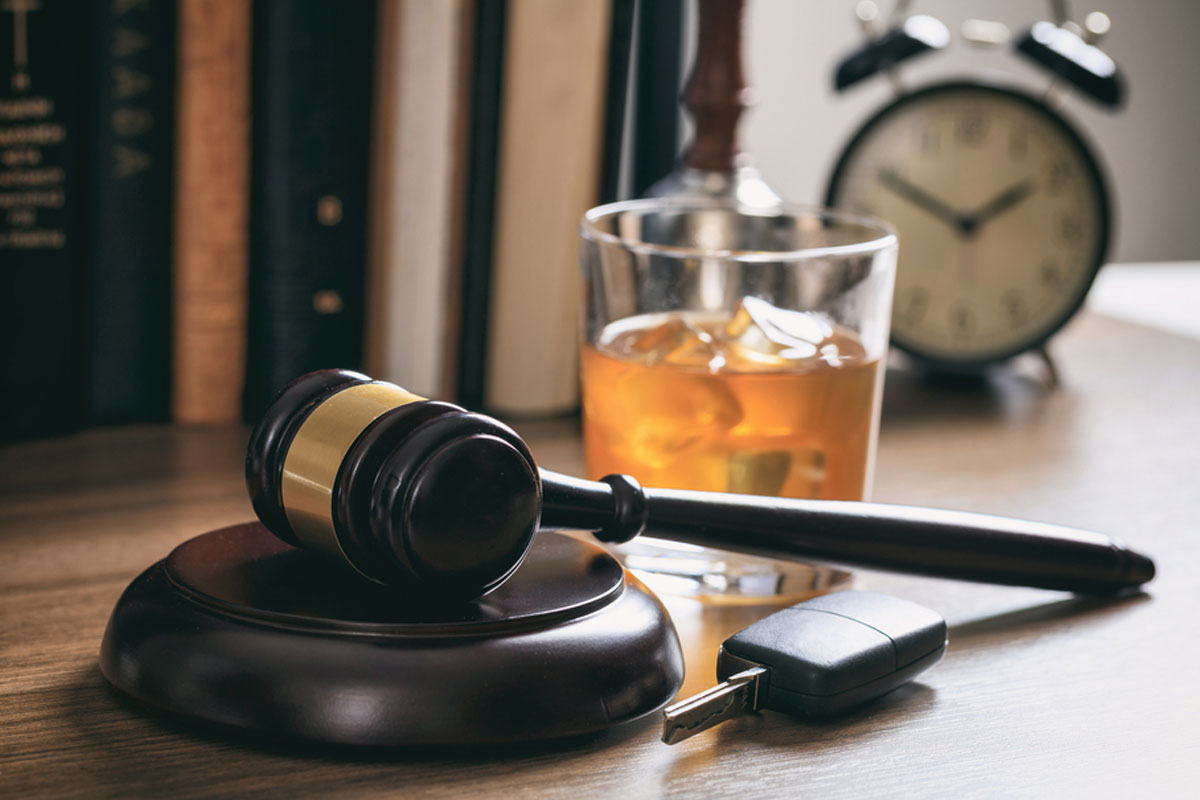
Did you know that around 10% of Americans over the age of 12 have Alcohol Use Disorder? If you suffer from an addiction to alcohol, it’s important to know that you aren’t alone.
Drinking too much alcohol can lead to alcohol poisoning, violence, and car crashes. It can also have long-term effects on your health, such as increasing your risk of heart disease, liver disease, and cancer.
Are you looking for helpful tips on staying sober? If so, keep reading to learn more about alcohol addiction hotline and how to stay sober.
Table of Contents
1. Work On Your Mental Health
One of the most important aspects of staying sober is working on your mental health. Around 21% of Americans over 18 have been diagnosed with a mental illness.
If you suffer from anxiety, depression, PTSD, or any other mental illness, it may be more difficult to stop drinking alcohol. Working with a therapist can help you improve confidence, explore feelings, and identify bad habits.
An alcohol counselor can help you develop a new routine, create an effective recovery plan, and regularly assess your progress. As your mental health improves, you may find it easier to fight your addiction.
2. Create a New Routine
Another of the best ways to stay sober is to create a new routine. If you stick to your old routine, you are more likely to fall back into bad habits.
Also, substance abuse can take up a lot of your time, so you may not be used to all of your new free time. To create a new lifestyle, try to avoid places you used to visit and people you used to hang out with.
Try filling your time with new hobbies, exercise, and volunteering. Whether you prefer cooking or hiking, engaging in your favorite hobby will help keep your mind off your addiction.
3. Learn Your Triggers
If you want to stay sober, you should learn to identify your triggers. Triggers are different things that give you the urge to drink.
Some common triggers include family problems, financial struggles, relationships, and mental health issues. There are also may be certain places, such as bars or concerts, that trigger you to drink.
To learn your triggers, pay attention when you feel the urge to drink. A therapist can also help you identify triggers and develop coping mechanisms to deal with them.
4. Recognize Signs of Relapse
One of the best ways to avoid drinking in the future will be to learn to recognize the signs of relapse. Most of the time, there will be warning signs before you start drinking again.
Some common warning signs of relapse include returning to old behaviors, self-destructive thinking, and thinking irrationally. Going around people and places that are triggers is also a warning sign.
5. Build a Support Network
Recovering from alcohol addiction is a long and difficult process, so it’s important to have a solid support network.
Spending time with positive and supportive people can boost your confidence, make you feel connected, and motivate you to stay sober. Some of the best support methods include therapy, rehab, and support groups.
In some cases, family and friends can also be supportive. Family and friends can also make addiction worse, so make sure they support your sobriety.
6. Live a Healthy Lifestyle
Living a healthy lifestyle is another great way to reduce your odds of having a relapse. Using alcohol can have negative effects on your health, but being in recovery gives you the chance to focus on yourself.
To live a healthy lifestyle, try going on walks, cooking healthy meals, and signing up for a gym membership. Taking care of your body can boost your mood and increase your confidence, making it easier to avoid a relapse.
7. Work on Your Finances
Many people dealing with alcohol addiction don’t prioritize finances. Financial problems can also be a trigger for addiction. If your financial situation is less than ideal, you should focus on improving it.
Keep in mind that it may take time for your financial position to improve. If you are newly sober, you may have a difficult time finding a job, but don’t give up.
Spend time considering a new career path, ask family members if they need help with projects around the house, and keep applying for jobs.
Once you find a job, you can work on improving your finances by paying off debts, saving money, and paying your bills. If you need help with finances, consider working with a financial advisor or asking a family member.
8. Deal With Past Mistakes
If you made mistakes while addicted to alcohol, confronting those mistakes can help with your recovery. Having shame or embarrassment can affect your self-worth, making it harder to recover.
To deal with past mistakes, you can work with a therapist, practice self-love, and talk with family members you may have impacted.
You also can deal with legal and financial consequences, such as not paying bills or getting a DWI. If you are looking for more info about DWI, you can search online or talk to your local police.
9. Celebrate Milestones
Recovery can be hard work, so it’s important to celebrate milestones along the way. You can celebrate being one week sober, one month sober, and one year sober.
You also can celebrate your sobriety every day because you should be proud of your hard work. Celebrate by spending time with friends or buying yourself a new outfit.
Are You Ready to Try These Tips for Staying Sober?
Staying sober can allow you to build strong relationships, improve your mental health, and prevent diseases. If you’re ready to quit drinking, keep these tips for staying sober in mind.
Was this article on navigating your sobriety journey helpful? If so, check out the blog for more similar tips.